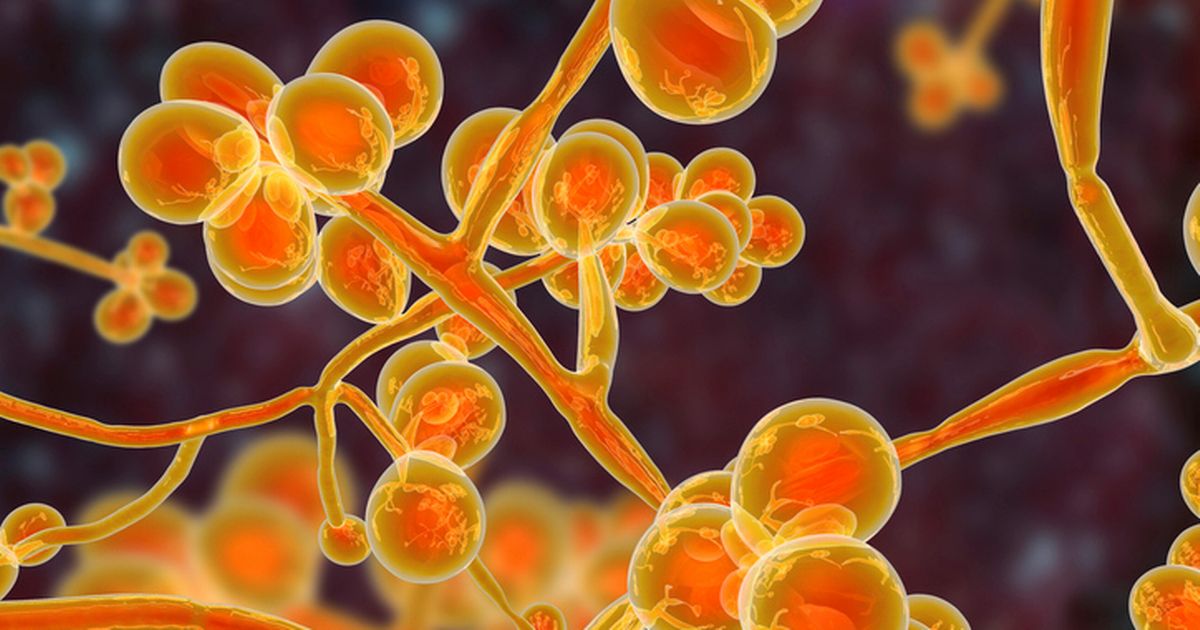OLUFUNKE FROM THE PUNCH
Recently, in one of the groups I belong to on Facebook, a member posted a picture of her extremely dark eyelids. She suffers from hyperpigmentation and she wanted the group to provide home remedies to lighten them.
A member said “mix calamine lotion, python oil and powdered milk. It works like magic and you will thank me later”. Obviously, the member that dropped the remedy can vouch for its efficacy. Can we still go ahead and say this is a false claim? Not at all. Although, I once said that if it does not have peer-reviewed research backing it up, we will not uphold it. I have come to the realisation that there are lots of claims that are efficacious and they must be encouraged irrespective of whether research is done on them or not. It is time to encourage some flexibility.
If there are home/natural remedies that work for you, as far as they do not involve the ingestion of harmful substances, please, go ahead with their usage. However, you have to bear in mind that all herbs must be used in moderation. Also, do not use any remedy that involves the excessive use of alcohol. Still, this does not change the fact that some ethnobotanical claims are not safe.
Let us talk about our liver
It is located in the upper right-hand portion of the abdominal cavity, beneath the diaphragm and on top of the stomach, right kidney and intestines. It is a dark reddish-brown spongy mass of wedge-shaped lobes that have many metabolic and secretory functions.
The liver is truly an amazing organ because it has the capacity to regenerate. This means that after an injury or surgery to remove the tissue, the liver tissue can grow back to a certain extent. It starts growing back by having the existing cells enlarged. Then, new liver cells start to multiply.
In 1931, a study on rats first showed that within a week of removing two-thirds of a rat’s liver, the organ had returned to its initial weight. Other studies have confirmed these findings in rodents, and research has shown that human livers can behave similarly.
The liver regulates most chemical levels in the blood and excretes a product called bile. This helps to carry away waste products from the liver. All the blood leaving the stomach and intestines pass through it. It processes this blood and breaks down, balances and creates the nutrients and also metabolises drugs into forms that are easier to use for the rest of the body. More than 500 vital functions have been identified with the liver. Let us see more of its functions:
Production of certain proteins for blood plasma; production of cholesterol and special proteins to help carry fats through the body; conversion of excess glucose into glycogen for storage (glycogen can later be converted back to glucose for energy) and to make glucose as needed; regulation of blood levels of amino acids, which form the building blocks of proteins and processing of haemoglobin for use of its iron content (the liver stores iron).
Other functions include conversion of poisonous ammonia to urea, which is an end product of protein metabolism and is excreted in the urine; clearing the blood of drugs and other poisonous substances; regulating blood clotting; resisting infections by making immune factors and removing bacteria from the bloodstream; clearance of bilirubin also from red blood cells. If there is an accumulation of bilirubin, the skin and eyes turn yellow. In addition, the liver stores vitamins and minerals.
A clinical assistant professor of hepatology at the University of Michigan, Hellan Kwon, M.D, said, “The liver is smart. It knows when to detoxify, when to usher the toxins out of the body through urine or stool, when to store the nutrients and when to release them back into the blood. It also keeps the amount of sugar in the bloodstream constant. Anything that is eaten, whether it is food, alcohol, medicine or toxins, gets filtered by the liver. Once we ingest food, it is digested by the stomach and intestine, gets absorbed into the blood and goes to the liver.”
Director of Clinical Liver Research for Johns Hopkins Medicine, Dr Saleh Alqahtani, said, “Your liver removes all toxins, clears medication from your body and metabolises (breaks down) all your food. If your liver stops working, toxins will accumulate, you will not digest your food and medications will never leave your body.”



Connect with us on our socials: